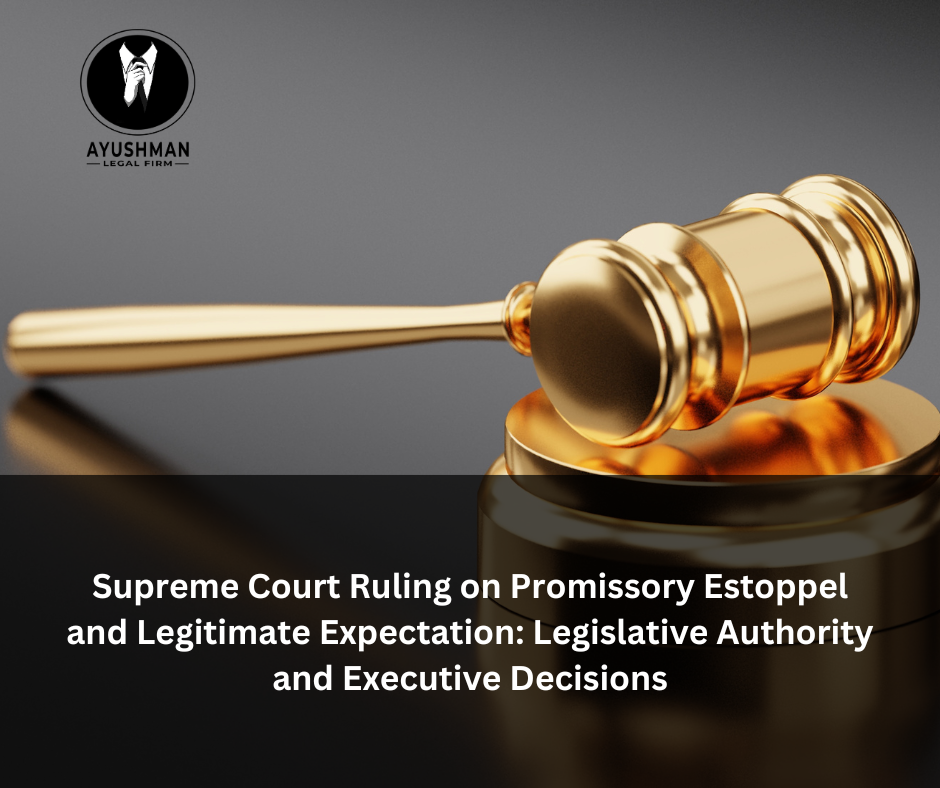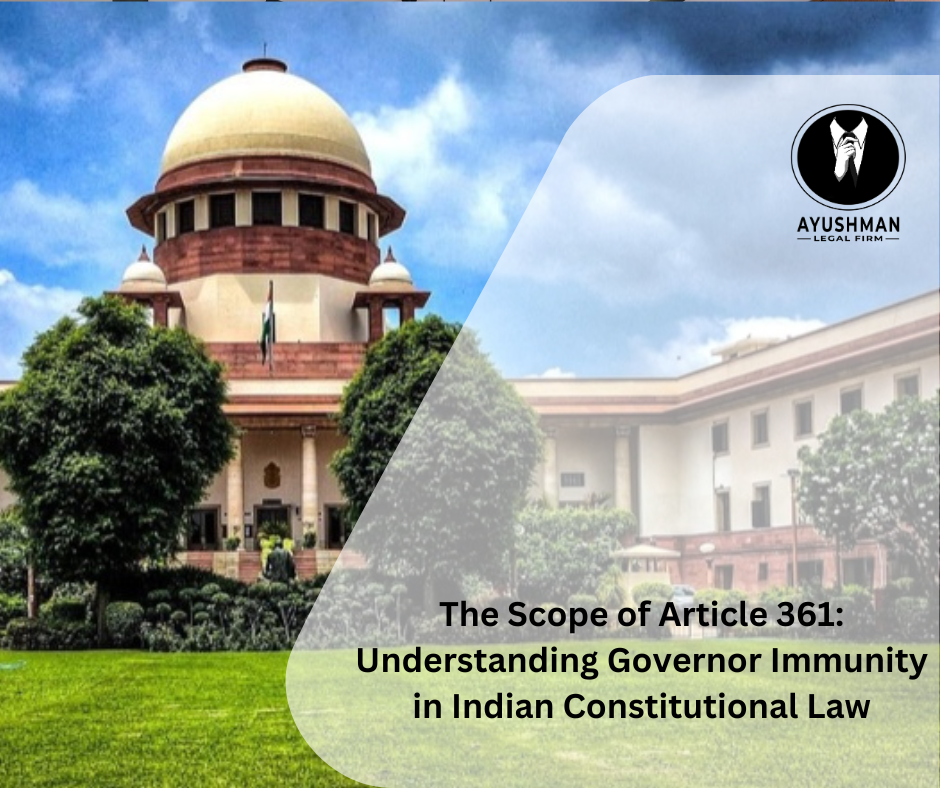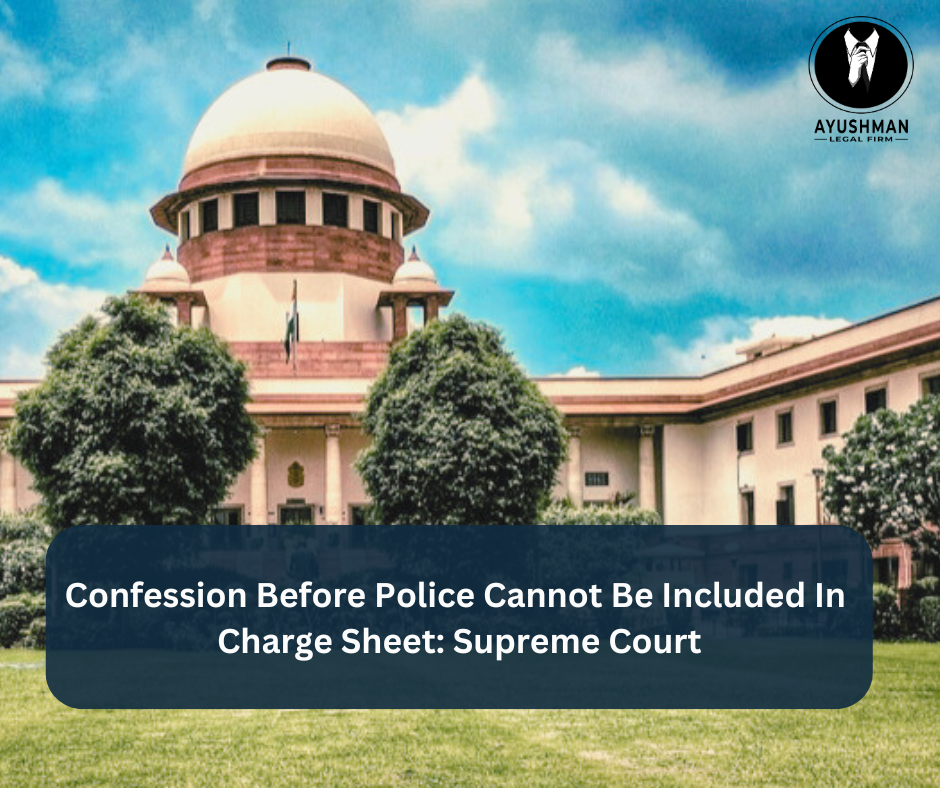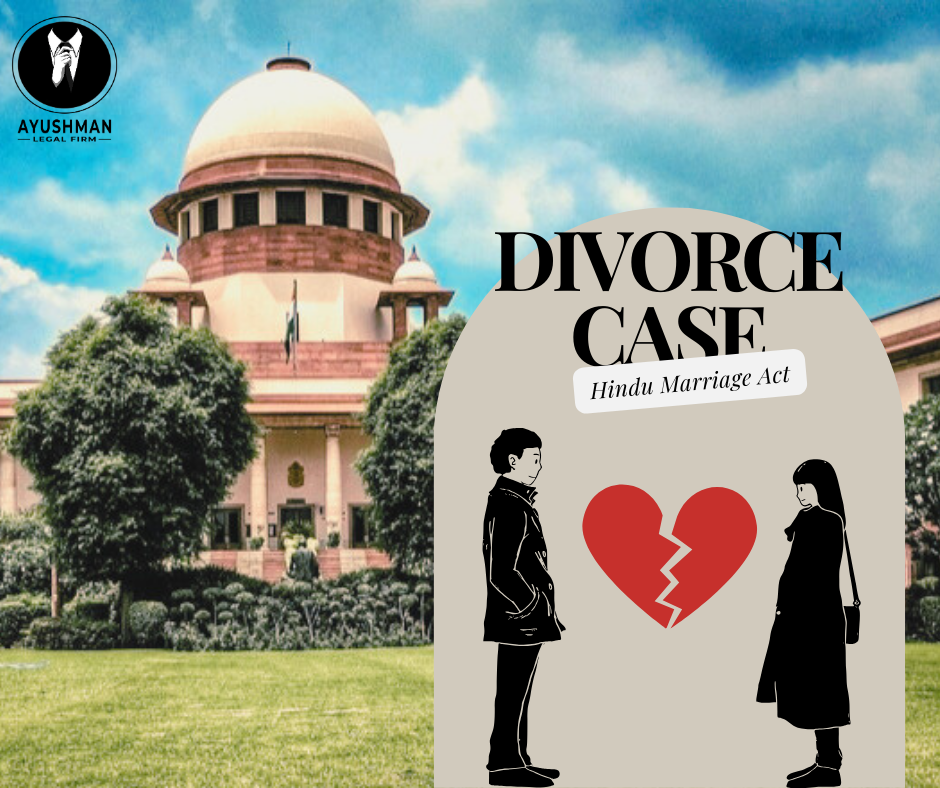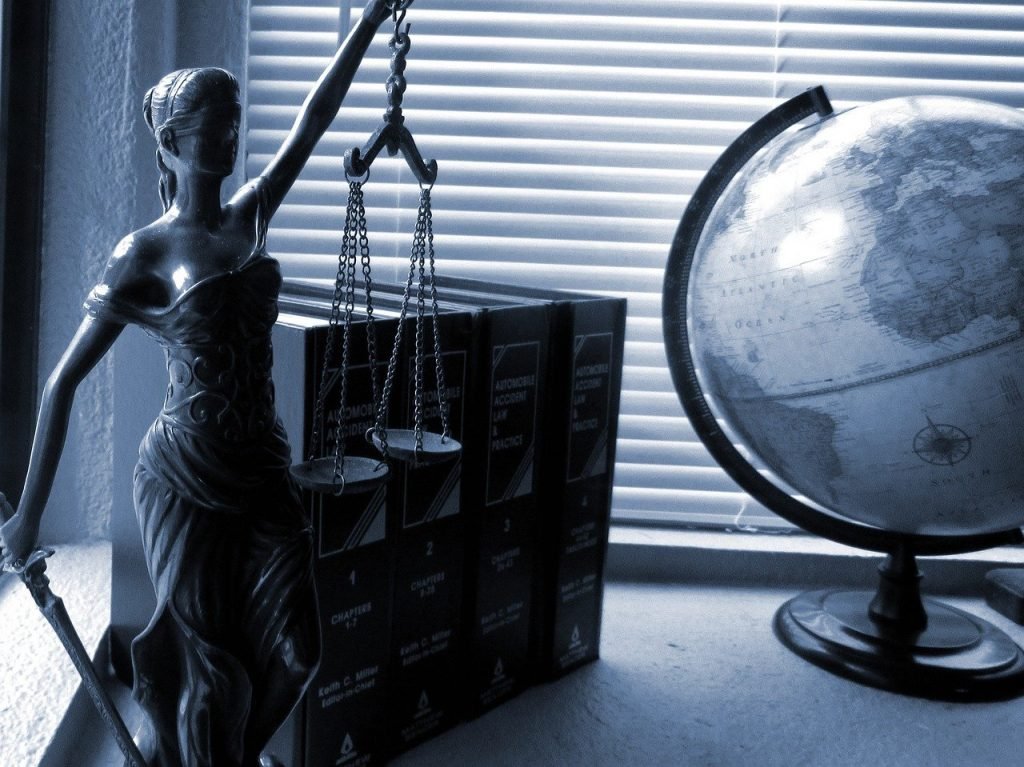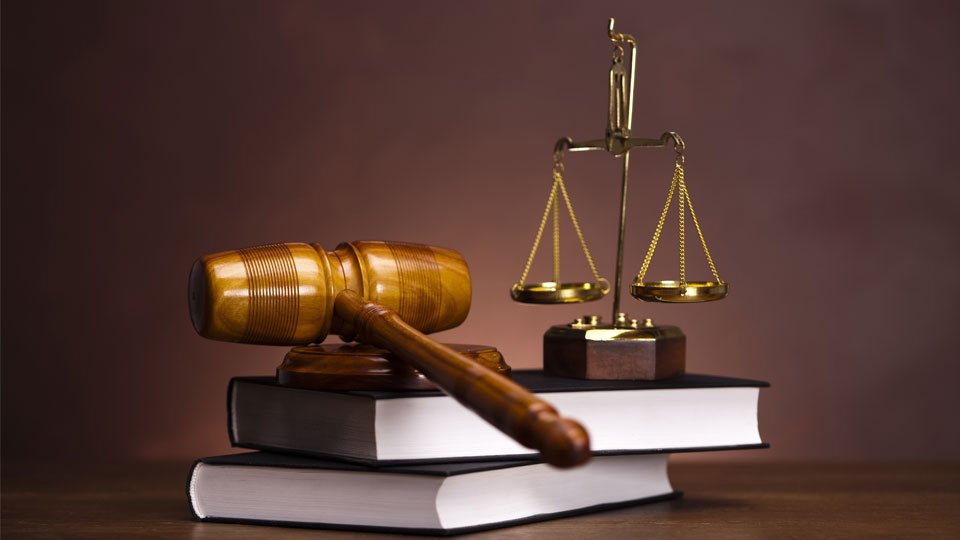Supreme Court Ruling on Promissory Estoppel and Legitimate Expectation: Legislative Authority and Executive Decisions
The Indian judiciary continues to shape the legal landscape through its interpretations and rulings. A recent Supreme Court judgment has clarified the interplay between prior executive decisions and legislative authority, especially in the context of promissory estoppel and legitimate expectation. This article delves into the details of this landmark ruling, its implications, and the underlying […]

